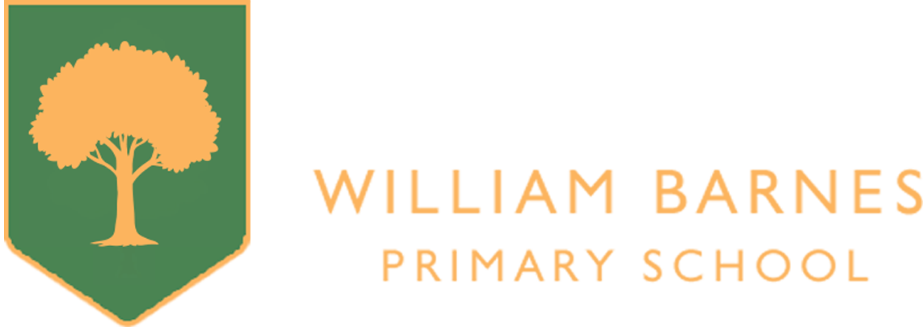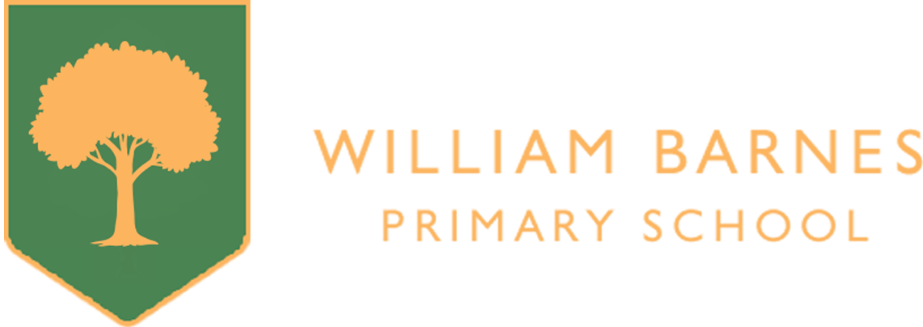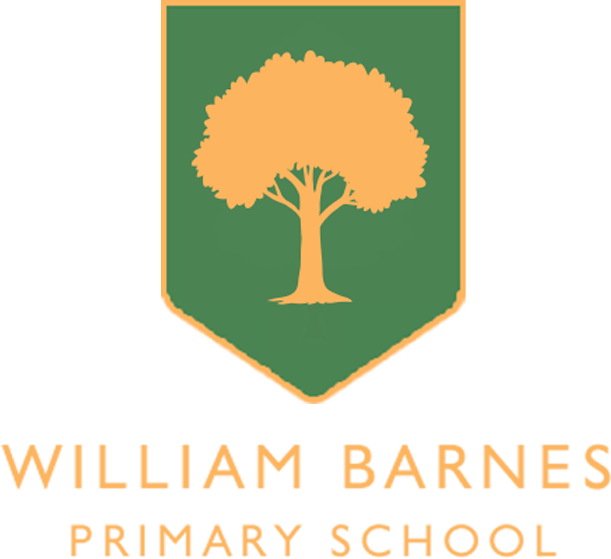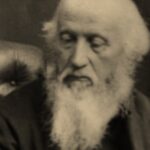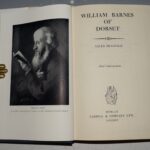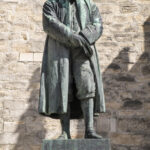Who was William Barnes? Although the staff, parents and children all use the school name William Barnes as part of our everyday lives, most of us are probably only vaguely aware of who William Barnes was.
William Barnes was a genius who was born in a cottage in Bagber in 1801. By the time of his death in 1886, he had published over ninety works and mastered sixty different languages.
Growing up with five brothers and sisters, he came to love the Blackmore Vale and the customs and language of the ordinary people he lived within the farming community that was his home. In his teens, he was already showing a mastery of French, Latin and Greek, which he learnt at a local school in Sturminster Newton. Leaving in 1813, his beautiful handwriting enabled him to gain employment as a clerk for local solicitors Thomas Dashwood. In 1818 he moved to Dorchester where he learnt the piano, flute, violin and wood engraving whilst he continued his career as an office clerk. On seeing Julia Miles step off the stagecoach in Dorchester he fell in love, but her father would not grant her hand in marriage to Barnes because he was relatively poor. Only when he had been head of a successful school in Mere for ten years or so, in his second career as a teacher, did he prove his worthiness. They were eventually able to marry in 1828. Returning to Dorchester in 1835, he opened a new school for boys and girls, as well as developing his skills as a wood and copper engraver, and writing his first book of poems written in the Dorset dialect in 1844. In 1849, Barnes finally received his degree from Cambridge and became a member of the clergy. At this time, his love of archaeology caused him to campaign successfully against the destruction of the Iron Age hillforts at Poundbury planned as part of the building of the railway. He was devoted to his parishioners and had many friends including Thomas Hardy.
William Barnes Community Primary School was opened in 1913, just over a hundred years ago and named after William Barnes because of his love of learning, the county of Dorset and its customs and because he himself attended school in Sturminster Newton.
